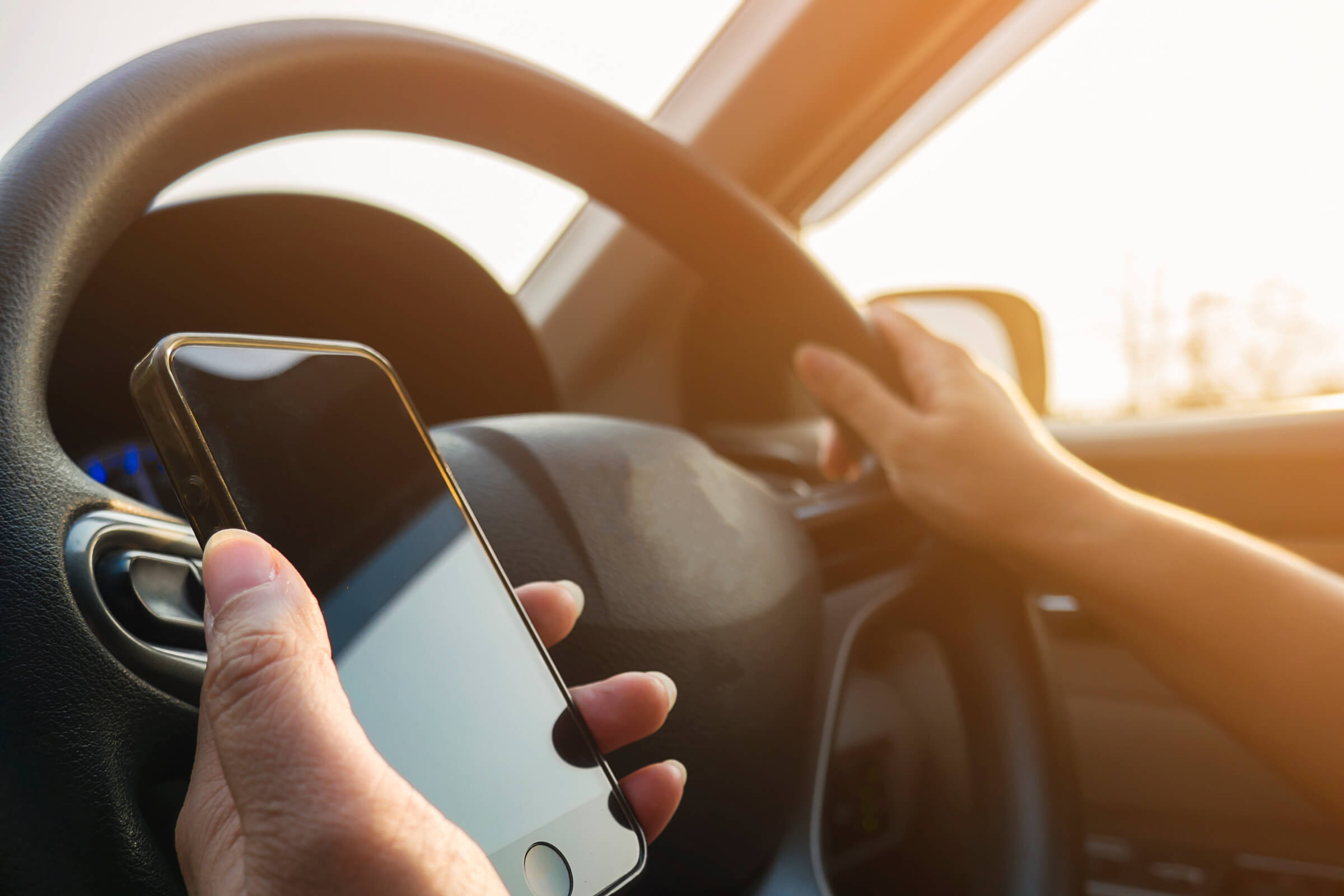
What Your Driving App Knows About You — and What It’s Telling Insurers

by Erin Anderson
From GPS-based navigation tools to insurance apps that reward safe driving, your smartphone has quietly become a black box for your daily habits behind the wheel. But while these apps offer convenience and sometimes even discounts, they also collect a surprising amount of data — and that information could be influencing your insurance rates more than you realize.
Here's what these apps are tracking, how insurers use that data, and what it means for your premiums.
What Driving Apps Are Actually Tracking
If you've opted into a usage-based insurance program (UBI) or installed a driving behavior app from your insurer, you've likely agreed to let them monitor some or all of the following:
- Speeding: How fast you're driving — and how often you exceed the limit.
- Hard braking and rapid acceleration: These patterns can suggest aggressive driving.
- Phone use while driving: Many apps detect if you're handling your phone when the vehicle is in motion.
- Time of day: Driving late at night or during high-risk hours can increase your risk score.
- Trip duration and frequency: Longer or more frequent trips could mean more exposure to risk.
- Location data: Some apps note if you often drive in high-traffic or high-claim areas.
Even if the app isn't directly from your insurer, some third-party apps also gather this data and may share it depending on their privacy policy.
How Insurers Use That Data
Insurance companies use telematics data to create a driving score, which helps them determine your risk profile — and in turn, how much you'll pay. A better score may earn you a discount; a lower one could prevent you from saving or even raise red flags if you're shopping for a new policy.
Key ways insurers might use your data:
- To calculate discounts for consistently safe driving habits.
- To adjust renewal rates based on ongoing driving behavior.
- To deny certain discounts if your habits are considered high-risk.
- To influence claim investigations, especially in disputed cases.
Importantly, not all insurers penalize risky behavior — some programs are strictly discount-based. But it's worth asking before enrolling.
Should You Use a Driving App?
That depends on your driving habits — and your comfort level with being tracked.
Pros:
- Potential for lower premiums if you're a safe driver.
- Insight into your own habits (some apps show trends and scores).
- Sometimes includes roadside assistance or crash detection.
Cons:
- Privacy concerns — you're sharing a lot of personal driving data.
- Not all behaviors are under your control (like sudden braking to avoid a crash).
- Risk of increased premiums if your driving behavior isn't ideal — especially if the program allows rate increases.
How to Protect Yourself
If you're considering a driving app, take these steps before signing up:
- Read the fine print: Know exactly what data is collected, how long it's stored, and whether it can impact your rate negatively.
- Ask about opt-outs: Some insurers allow trial periods or limited-time participation.
- Compare insurers: Some only use telematics to offer discounts — not to raise rates.
Already enrolled? Review your app's settings and permissions. You might be able to disable some types of data collection without affecting your score.
The Bottom Line
Driving apps can be helpful tools — and even lead to real savings — but they also open a window into your behavior behind the wheel. Before you opt in, make sure you understand exactly what you're sharing and how it might affect your rates.
And while you're thinking ahead, this is also a smart time to check in on your insurance policy. If you're considering a usage-based program, switching insurers, or just wondering if your current coverage still fits your needs, comparing quotes could reveal new ways to save — especially if your habits or lifestyle have changed.